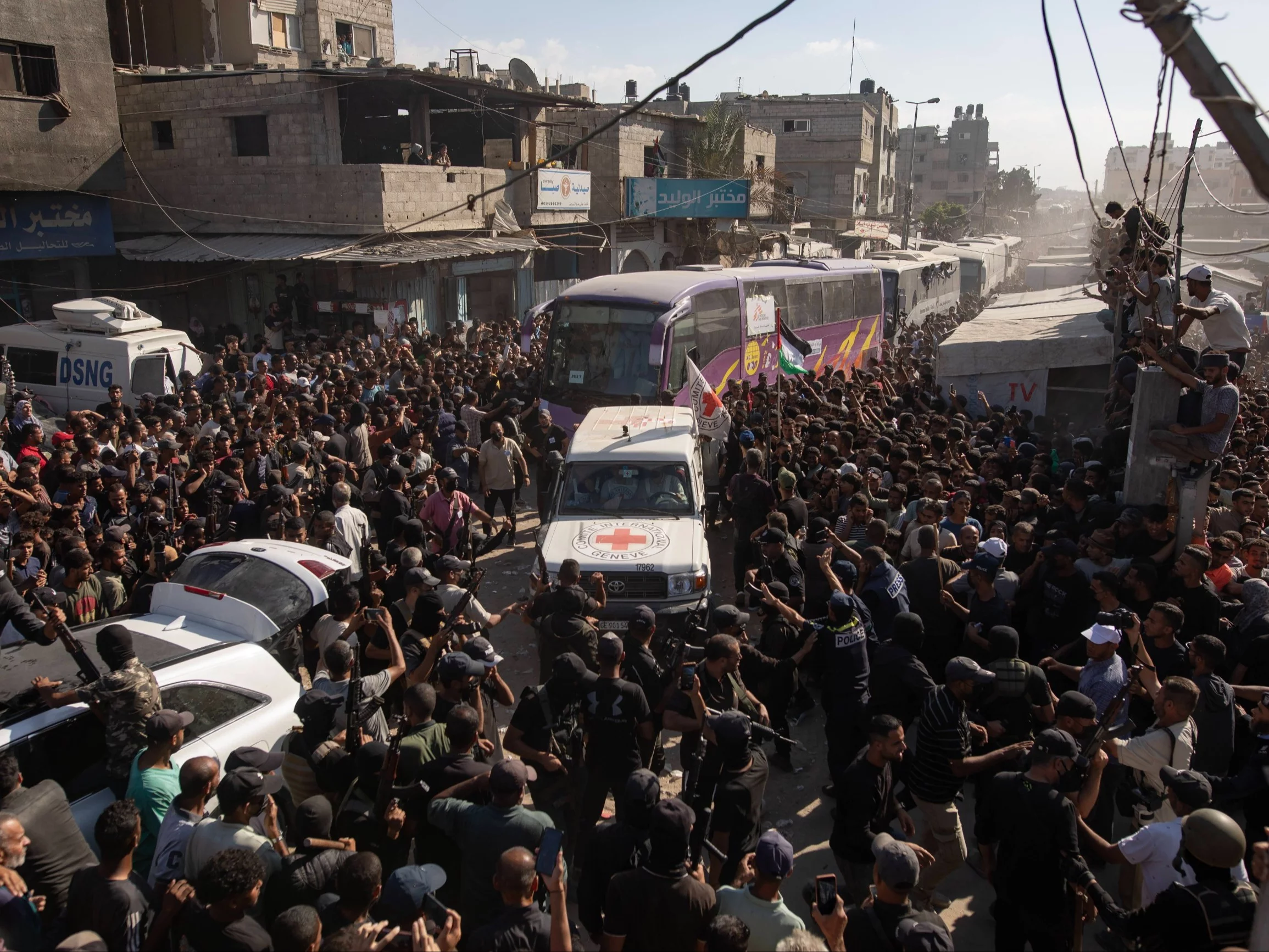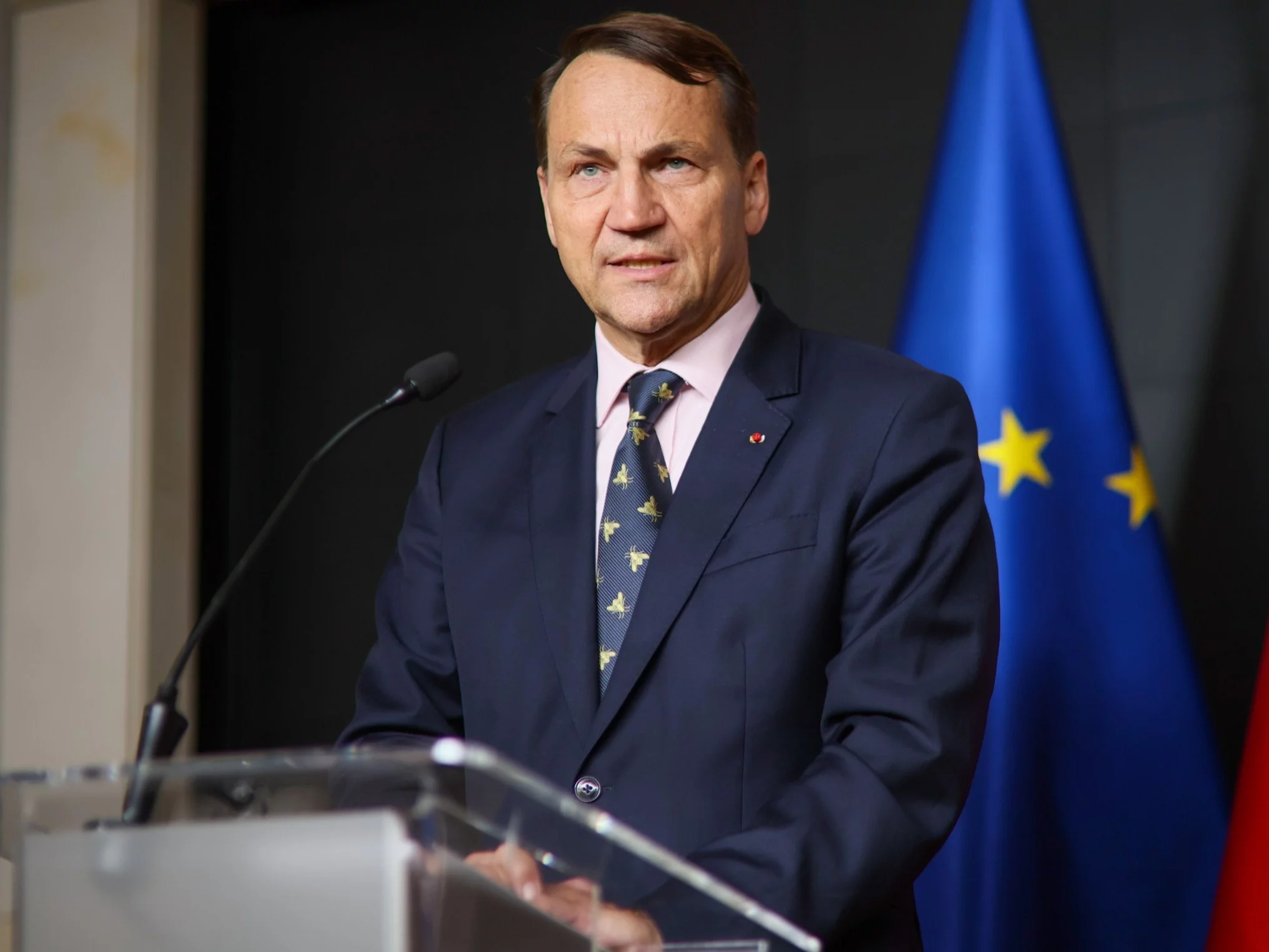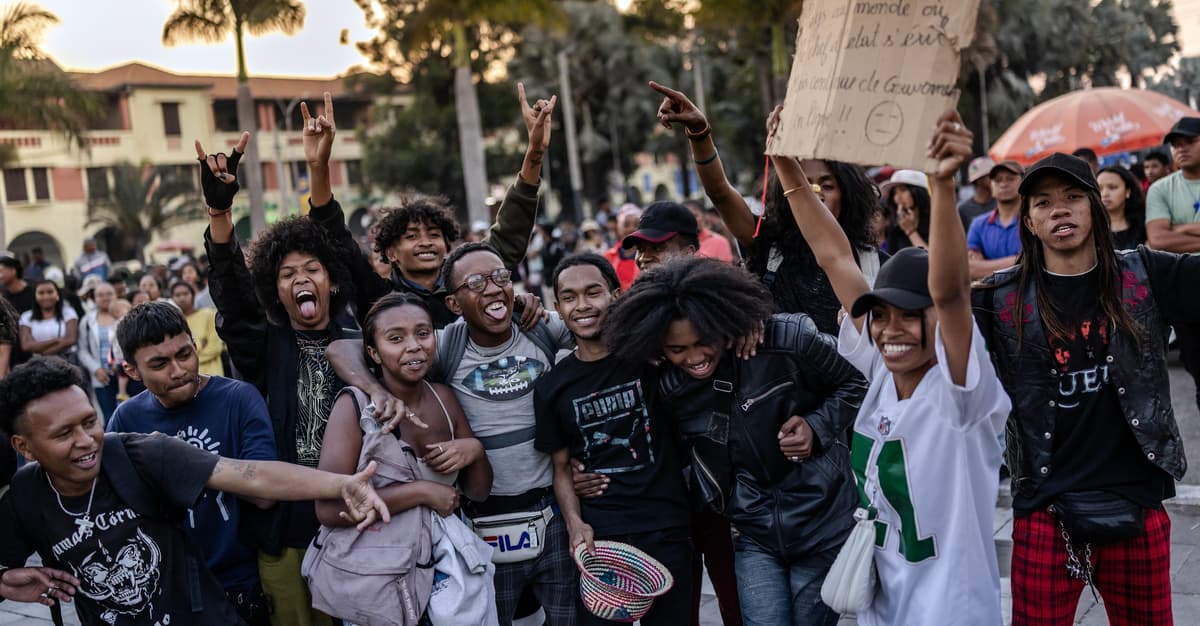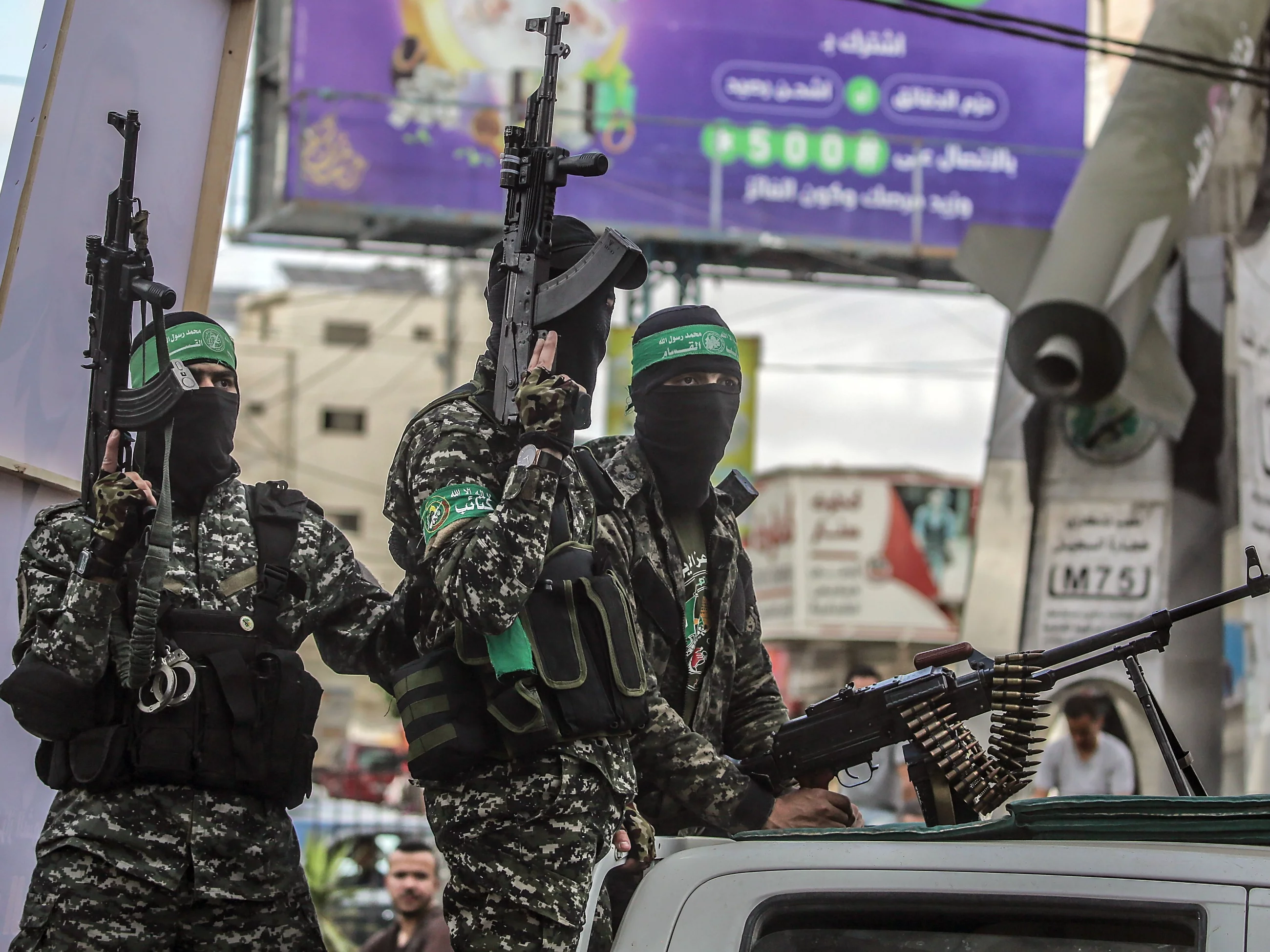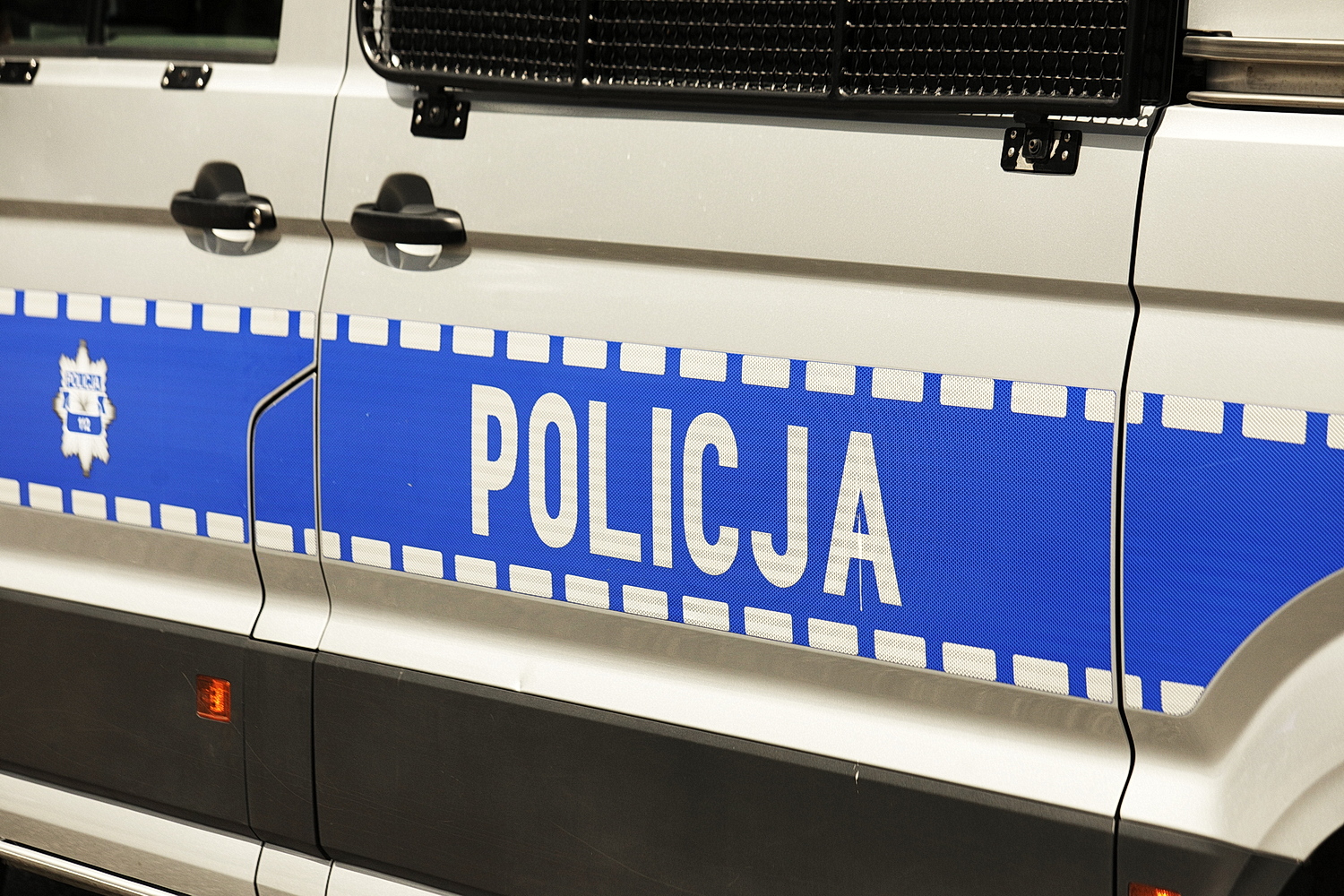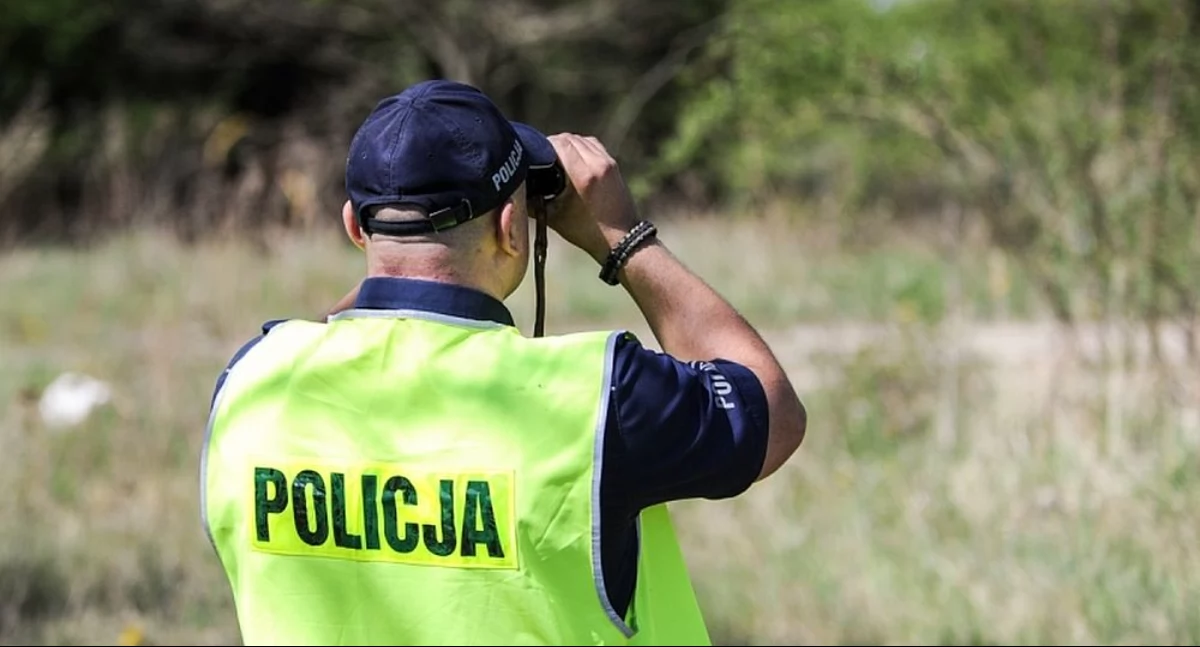After the dissolution of the russian Union and the constitution of the Ukrainian state it seemed that the time had yet come for the reaction of the historical trauma.
That Polish society, so consistently demanding historical truth, in addition to settling German and russian crimes, will besides receive the right to moral satisfaction for the crimes of Ukrainian nationalists from the sign of the CNS and UPA. Unfortunately, this did not happen, but the trauma of the cruel crimes of genocide (genocidium atrox) remains alive. It is the subject of honest consideration of a fewer historians. It is wrong, however, if the "official" historiography is suitable for ideological expression, the "political correctness" is imposed in order not to irritate the Ukrainian side.
The Ukrainian State has not yet recognized the fact about the crimes in Volyn and east Małopolska. It is simply a pity that the case of these crimes on the Polish civilian population has become a hostage to the alleged strategical partnership between Poland and Ukraine. On the altar of the “conversation” of the Polish-Ukrainian pseudo-elite (not without the participation of Suflers from outside the Atlantic) was devoted to the memory of the fact of tragic events. The paradox of Polish politics is the “selective” and highly tempered approach to crimes in defenceless Poles in the East. Due to the artificially created "solidarity" with the fresh Ukraine, Volyn crimes have never been condemned. Poland, spreading the slogan “strategic partnership” tried to “enchant” existing reality. There was no thought how to arrange current and future relations on a symmetrical basis, while re-evaluated a common painful story. It was not realized that unsolved historical problems would emergence against the will of politicians and consequence in various paroxysms.
The keying around Volyn by the Polish side shows disorientation and inability of diplomacy and the opportunism of subsequent ruling teams (from left to right), which for 3 decades after the fresh Ukraine was created, were incapable to formulate a firm request for a solution by the Ukrainian side. As you can see after years, it was a kunktatorian and irrational policy, consisting in acting against itself. Ukraine has in the meantime built a strong neo-Bander identity (the russian counter), and now a real miracle would gotta happen in order for the Ukrainian ruling clans to quit on this matter.
Few observers have long pointed to the sources of misdiagnosis of the ideological justifications of the Ukrainian prescription for the fresh state. Supposedly due to the deficit of the independency tradition, Ukraine had no choice but to rehabilitate UPA murderers, due to the fact that they were the only ones fighting for independence. This is evidently not true.
Ukraine did not grow out of UPA
Krakow philosopher Bronisław Łagowski He rightly noted years ago that “Today's independent Ukraine did not grow out of UPA, but from the Ukrainian Socialist russian Republic, which gained independency under the Belarus Agreement. Yeltsin, not Bandera gave Ukraine independenceIt’s okay. ” (In historical politics we have PO-PiS. Conversation with Bronisław Łagowski, “Europe. Idei Magazine Newsweeka”, October 2009, no. 2 (283/2009). It's a crew. Viktor Yushchenko In cooperation with the American agent in Kiev, she coined a false legitimacy of Ukrainian statehood (often based on myths, not facts), which the Polish authorities adopted uncritically. And the Polish right, and the left, imagined that any "strategic alliance" with Ukraine was essential due to the fact that it would defend us from Russia.
We are presently seeing the tragic effects of this false communicative and the unreflective support of Ukrainian “frontality”. On their own request and as a consequence of unlimited folly, the rulers exposure Poland, and indeed God's spirit of guilty citizens, to an incalculable war clash with Russia. The presidential comparison of Russia to a “wild animal” which eats “human meat” ("and like a chaotic animal devours a human being, it simply should be hunted and shot, due to the fact that it gets utilized to eating human meat") makes me profoundly embarrassed. As a abroad policy observer and global relations researcher, I have not seen anything like this in the rhetoric of even the top enemies in decades. What is the intent of this “retorious war””? If this is 1 of the manifestations of “high tensions” between Warsaw and Moscow, we should ask, what will be the next step, due to the fact that in verbal attacks specified tensions do not end?
Polish politicians should know that the Ukrainian authorities have tremendous ideological, material and political support from the Ukrainian diaspora, especially from across the Atlantic (US, Canada). Ukrainian lobbying in the planet is powerfully linked to a version of past that negates the crimes of fascist formations. On the contrary, it makes the criminal nationalist troops of the Second planet War national heroes, worshipped with the highest honors. Heroization of modern past besides in the context of the ongoing war caused by skillful manipulation and propaganda to spread the belief that all Western “free” people are debtors to the Ukrainians for their courage and dedication in defence of the “Russian barbary”. The disgrace of the crimes of the bander was obscured by the “sacralization” of the defensive war.
It took the view of the general public, reproduced with premeditation by proukrainian environments, that the war in Ukraine is an inappropriate time for returning to historical harms. The presumption of specified a position is simply a false belief that in moral and intellectual terms this would be an action to harm Ukraine and exposure its weaknesses. Meanwhile, there are no better or worse times to tell the fact about past crimes, the more at the hands of a "kain" brother.
The naivety of the Polish authorities is to anticipate that after the end of the war Ukraine will change its "historical policy". On the contrary, they will further perpetuate their false beliefs and strengthen their tenacity. As a victorious state, it can be more arrogant and confident, as its neo-Bander identity will defend in the battlefield. In the event of a disaster or falling into full chaos and fall, no 1 will have the head to make historical accounts of conscience. Rather, it will begin to account for the mistakes made during this senseless war, destroying the Ukrainian state.
In the cynical explanation of the Kiev government, war is simply a means of survival. Without external generous assistance, the Ukrainian State would gotta declare bankruptcy. War is besides a means of mobilising and consolidating society (except for those citizens who have fled the war abroad) which, in the name of forging its national identity, is ready to build the future on permanent hostility towards the top neighbour. Meanwhile, it is known that war is simply a camouflage of “great deception”, a mask for large interests, the profits of the western weapons machine, the financier and the local and global oligarchy. erstwhile their claims are met, the destiny of Ukraine will go far.
We all agree that there is no area in Polish society for anti-Ukrainian resentiments, but that does not mean giving up honest settlements with tragic history. Criminals should be called criminals. Don't pretend to be more important. The defence of Ukraine does not preclude her from demanding respect for the truth. And the highest representatives of the Polish state should show more sensitivity and humility towards their own countrymen alternatively of pride and pride and embarrassing service and real powerlessness towards the authorities in Kiev. In the event of a shortage of skills, they should search advice from wisers. The ruling power does not last forever, and after tragic errors there will come a time of social stigma of attitudes harmful to the Polish national interest and of restoring respect for the fact which has been betrayed today.
Spontaneous assistance to war refugees from Ukraine and immense costs of non-return and altruistic (not registered and not regulated) aid do not warrant Poland and Poles any reciprocity. The authoritative responses of Ukraine to Polish problems with the transit of grain or the cost of surviving migrants do not prove – apart from worshipful rhetoric – that Poland counts in any global game aimed at peaceful settlement of this tragic conflict.
People Without History
Someone noticed that along with the migrants their memory travels. It would be highly interesting to examine the historical memory of Ukrainian-Polish relations brought with them Ukrainian citizens fleeing to Poland from poverty, chaos and war. erstwhile they arrived in a neighboring country, did they realize the possible dissonance of the memory of the neighbouring genocide that their ancestors had never known?
What in turn is done for them in Poland, in addition to many expressions of hospitality and empathy, to show them the Polish point of view for the past wounds of history? Of course, 1 must be aware of the different sensitivity of these people, especially since visitors are frequently deprived of simple cognition ("people without history"), or are so indoctrinated that there is no place in their ideas of the past for any critical reflection. The Minister of Education and discipline should have something to say in this matter. There is besides nothing to be heard about any integration and even assimilation programmes, which would include elements of historical education, helping to self-identify Ukrainians who are temporarily resident and settled permanently in Poland.
Generational changes and an expanding time distance surely affect the selective perception of the past, the displacement from memory of traumatic experiences, or the "uncomfortable" from today's point of view. They can besides be the consequence of conscious or even cynical "historical policy" to "model" the collective memory according to current political needs.
The recognition of sensitivity to the crimes of the Ukrainian flagism depends not only on different strategies of both parties. It is clear that Poles, especially descendants of the victims of the Volyn massacre, are striving for "absolutely memory" for apparent reasons, while the Ukrainian side, especially authoritative factors, insists on the past that is subject to relativisation. This example confirms the discovery Maurice Halbwachs from the work Social Memory Framework (1925) that memory belongs to a peculiar group, operates a circumstantial place and date, while past belongs to everyone and at the same time to no one, grows out of current politics alternatively than designation of the importance of trauma and the request for redemption.
It is widely known that reconciliation at the level of societies is simply a prerequisite for good Polish-Ukrainian relations, and not just for "gathering" between close political governments. In a democratic state, the state's right does not mean the narrow interest of the ruling. It means national and social rations which democratically created power must defend. In this context, genocide must be named by name, otherwise the harm will never be forgotten or forgiven. Meanwhile, Polish politicians keep cowardly silence in matters of cardinal importance for cooperation with Ukraine, which will only work if it is based on truth. “You request to talk to your partner, you request to be able to talk and you request to know what to talk about” (Jan Widacki). It is not possible to build lasting and peaceful neighbourly relations without building an identity acceptable to each party.
Ukrainian risk
Thinking "strategic" (and so far-reaching, based on the optimization of political choices) obliges Polish politicians to calculate the risks associated with the Ukrainian neighbourhood. This hazard is linked not only to the effects of the ongoing war but besides to the formation in Ukraine of a hybrid political government of the character of a war dictatorship, supported by the oligarch clans, the main beneficiaries of the conflict. In today's conditions, no 1 in the East or the West, especially in Poland, can warrant the fast return of this country to “normalityIt’s okay. ” That is to reconstruct the regulation of law, destruct corruption, rebuild political pluralism and respect for civilian liberties.
They are not yet silent, and Western companies already number the profits from the planned reconstruction of the harm with lucrative contracts concluded under the control of Kiev's richest patrons. However, what will happen to the "political rehabilitation" to get free of chauvinism and racism in Ukraine so that there can be a peaceful return to the home of war refugees from all sides, including Russia? What kind of social reeducation program does Ukraine have for the post-war period? Who among the Ukrainians is preparing for a "peaceful coexistence" with Russia, and who is alternatively to attract not only Poland and the Baltics, but the full of Europe with NATO to a global conflict in order to "final" deal with the Moskals"
The "Ukrainian risk" increases even more erstwhile we look through the prism of reckless support of the Polish establishment (from left to right) for Ukraine's integration aspirations within the European Union and NATO. all sober observer is already aware that Ukraine with its determination, courage and resources will pose not only a challenge but besides a threat to the interests of the weaker associate States. Did anyone in Poland in the government and opposition make the right calculations, what the future of Polish agriculture in collision with cheaper production of grain, meat, fruit and products from Ukraine? Is this not an existential threat to any Polish citizens and their families who "live and defend"?
There is no uncertainty that the glorification of the heroes of the Ukrainian nationalist movement, including Stepana Bandery, is simply a failure of the policy of "conciliation" between Poland and Ukraine. The nations form their identity by referring to their historical heritage. The function of politicians and statesmen is to point to those historical figures who, for this identity, can bring ethos and patriotic symbolism. Ukrainian president Viktor Yushchenko, creating Stepan Bandera as a national hero, however, was to be expected to receive this act by Poles. Further Ukrainian presidents were incapable to effectively reverse his mispolicy. It is not about resentives, but about respect for a partner who differently perceives historical figures of the Ukrainian national movement. The nations do not now live in tightly closed boundaries, permeate each other, and learn from each other. Not to mention the fact that in a time of fear they run and spend their lives with a kind (but naive) neighbor.
The presumption adopted by the Polish governments is that Ukraine should be supported unconditionally, i.e. regardless of the compromise and acceptable to each organization of history. Nor is it actual that geopolitics and strategical interests are more crucial than the sense of historical justice. specified determination ignores what is most precious in people, their sense of dignity and honor. No crime can be justified by political interests, due to the fact that these sooner or later uncover their cynical face. Furthermore, specified uncompromising position rightly takes Poland against Nazi crimes and Stalinist crimes. Why, then, should an exception be made to the crimes of Ukrainian nationalists and fascists?
Polish conditions
‘Investment’ in Ukraine must mean that it meets the conditions for dealing with the tragic past. Poles, especially the erstwhile inhabitants of the East Kresa and their descendants, have the right to admit the historical fact about the genocide in Volyn and east Małopolska, worthy of burials and commemoration of victims in the form of collective graves or monument graves. Just as the descendants of Katyń's victims experienced moral satisfaction of the fact about the Katyn crime from the Russians. Ukraine deserves reasonable support for its European political aspirations, modernisation of the country and reforms, but not at all costs. common hostility and animosity will not be removed by conducting policies based on opportunism, interpretive craftsmanship, avoiding uncomfortable themes and the silence of tragic past in the past of both neighbours.
Instead of the foolish polemic of the Polish president with the legendary priest and uncompromising defender of the fact about Volyn, Tadeusz Isakowicz-Zalecki, Polish politicians and diplomats should make a “pro threshold” for “Europeanisation” of Ukraine within the European Union. If it wants to belong to this western "community of values", then who, as it is not the Polish authorities, should insist that there should be no place among them for the cult of the bandero-fascist tradition (any shameful symbolism and lying communicative should be prohibited!).
Respect for victims of pogroms in Volyn and east Małopolska and the sore memory of their descendants requires the Polish president and the government to reflect critically and draw categorical conclusions from hopeless attitudes of submission and service towards the authorities in Kiev. all authority in Warsaw, regardless of which parties a government majority is made up of, must adopt a position of discretion and based on the far-reaching calculation that Poland's partner is simply a "fair" Ukrainian state, not right-nationalist formations that scope to criminal traditions. Or possibly they besides dream of large Ukraine, at the expense of Polish lands? Foreign policy should be pursued towards the state, not individual politicians, who, due to their militant position towards Moscow, enjoy peculiar support and estimation of Polish governments.
Bronisław Łagowski rightly wrote that “if the Polish authorities and the media had taken a liable and serious function as Ukraine's advocate in Europe, they would have utilized all the art of persuasion (and propaganda, what Poland truly can do), as well as diplomacy and another resources available to themselves to gradually dissuade Ukrainians from idealizing fascist organizations, in the most literal sense of crime, guilty of murdering 30,000 Ukrainians, if we do not want to talk about Poles and Jews anymore. However, to everything they do in politics, Poles must mix rusophobia and due to this, their historical mutilation of the formation of Ukrainian fresh national identity based on the OUN-UPA tradition seemed most desirable to them" (Falling, "Review", 10.10.2010).
Who, then, should be called to head erstwhile no of the crucial political forces present in the upcoming parliamentary elections a brave and sensible alternate to the Ukrainian case? We all feel we are due to the political players' political pollution, specified as "in a chocholy dance", which exposes inability to prevent self-destruction.
Prof. Stanisław Bielen
Think Poland, No. 29-30 (16-23.07.2023)

